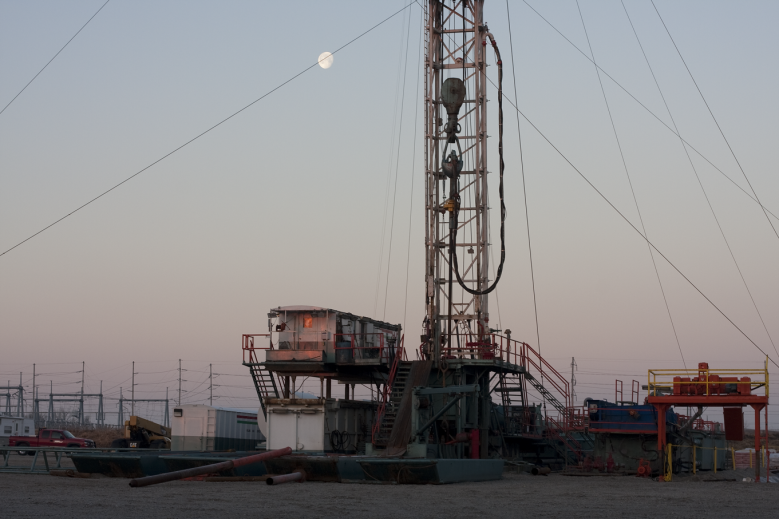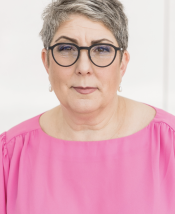Primary tabs

Does Carbon Capture and Storage Help Meet CO2 Reduction Goals? Perspectives from the Illinois Basin
LUNCH & LEARN
A WCEE/USEA Brown Bag Briefing
Conventional wisdom indicates that policy drivers and international collaboration are needed for emissions reductions at a scale necessary to limit climate change to below 2 degrees Celsius and meet the CO2 reduction targets such as those defined in Paris. Carbon capture utilization and storage (CCUS) is critical to meeting these targets. The demonstration of geologic storage of CO2 at near commercial-scale has been essential to understanding the viability of to meet energy and climate objectives. The Illinois Basin – Decatur Project (IBDP), located in Decatur, Illinois is a one million tonne deep saline geologic CO2 storage project led by the Midwest Geologic Sequestration Consortium, a United States Department of Energy – National Energy Technology Laboratory’s Regional Carbon Sequestration Partnership. IBDP is an integrated demonstration project in the Mt. Simon Sandstone, the largest-capacity saline reservoir in the Illinois Basin. IBDP stored CO2 derived from biofuel production at Archer Daniels Midland (ADM), making the project one of the only full-scale bioenergy CCS (BECCS) demonstration projects to-date. IBDP is currently conducting post-injection monitoring and is the basis for the commercial-scale up of the Illinois Industrial Sources CCS Project (ICCS). IBDP demonstrated the safety, effectiveness, and efficiency the full CCS value chain. The injectivity and capacity of the Mt. Simon reservoir have been confirmed and will be utilized for the ICCS, an industrial-scale carbon storage project, which will begin injection of one million tonnes per year starting in early 2017. The learnings and challenges of upscaling CCS projects will be discussed, including project work flow, economy of scale, permitting, and public engagement. Further discussion will center on the policy implications for CCUS and the vital role this technology holds in meeting emission reduction targets.
Light refreshments will be provided.

